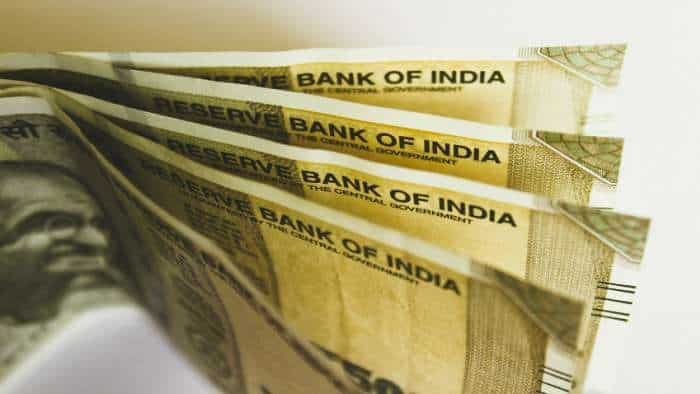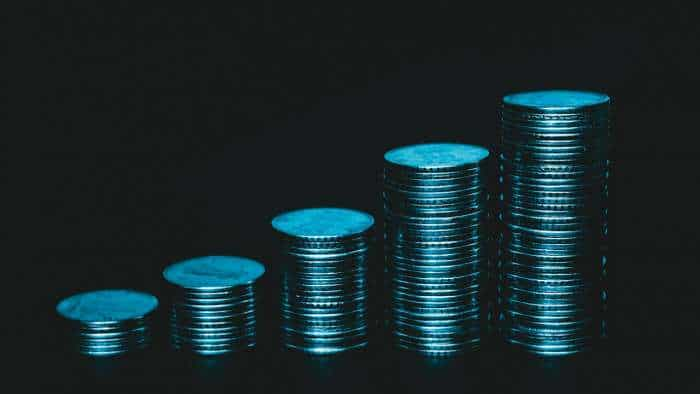COVID-19 has peaked in Singapore but doctors watching out for possible surges
Doctors in Singapore believe the latest COVID-19 wave has peaked in the country, even as some clinics still face higher than usual patient loads, and doctors are watching out for possible surges in the coming months.
)
Doctors in Singapore believe the latest COVID-19 wave has peaked in the country, even as some clinics still face higher than usual patient loads, and doctors are watching out for possible surges in the coming months. The doctors are seeing cases stabilise, down by around 20 per cent from December, according to a Channel News Asia report.
However, clinics are already planning for more man power and medication supplies in anticipation of another surge in the months ahead.
Healthway Medical, for instance, now sees an average of 50 to 60 patients come in daily with respiratory infections across its 57 clinics, the report said. COVID-19 and influenza cases make up the bulk of them.
This is around 10 per cent higher than regular patient loads but a slight drop from the peak around Christmas.
“The peak of all the upper respiratory tract infection cases has plateaued. Majority of people have already returned from travelling,” CNA quoted head of primary care at Healthway Medical Group Dr John Cheng as saying.
“Most of our clinics actually had enough buffer for all the acute and upper respiratory tract infections… to cater for a sudden surge of patient numbers,” he said.
“For the end of the year, there will definitely be a surge. And then, most of the time, during festive seasons, during holidays - with more and more people interacting, more travellers (travelling) in and out - we will be expecting some surges during those periods," he said.
OneCare Medical is also seeing cases stabilise across its 38 clinics. It said cases are less likely to go up significantly again in the near term.
“We feel that the ARI (Acute Respiratory Infection) has already peaked, so we should see the numbers stabilise and probably slowly come down over the next few weeks, back to the usual baseline numbers,” CNA quoted CEO of OneCare Medical Dr Jimmy Chew as saying.
“Of course, if the weather continues to be quite cold, and there continues to be a lot of circulating strains of ARI pathogens, then perhaps we might still see the numbers being sustained," he said.
“With Chinese New Year coming up (February 10), there will still be ongoing gatherings. And of course there are still some travellers travelling, especially those who want to take advantage of the off-peak season,” said Chew.
“There might still probably be a bit of infectious diseases still ongoing. But of course, hopefully, we have already seen the peak of ARI cases, so that we will observe a downward trend in the coming weeks," he said.
“I think we need to keep a close surveillance of the situation. So, medication wise, we tend to stock up more prior to the expectation of this peak,” said Dr Daniel Soong, medical director at Unihealth Clinic, was quoted as saying by CNA.
“If we notice that there is an increase in cases and caseloads, we might deploy more manpower in our clinic to ease off the waiting time for the patients,” Soong said.
Get Latest Business News, Stock Market Updates and Videos; Check your tax outgo through Income Tax Calculator and save money through our Personal Finance coverage. Check Business Breaking News Live on Zee Business Twitter and Facebook. Subscribe on YouTube.
RECOMMENDED STORIES

Power of Compounding: How long it will take to build Rs 5 crore corpus with Rs 5,000, Rs 10,000 and Rs 15,000 monthly investments?

Top 7 Large Cap Mutual Funds With Highest SIP Returns in 3 Years: Rs 23,456 monthly SIP investment in No. 1 fund is now worth Rs 14,78,099

Highest Senior Citizen FD rates: See what major banks like SBI, PNB, Canara Bank, HDFC Bank, BoB and ICICI Bank are providing on special fixed deposits
10:30 AM IST









 Centre may prepay market loans taken to compensate states for GST revenue loss during Covid years
Centre may prepay market loans taken to compensate states for GST revenue loss during Covid years Maternal Covid infection may raise social and breathing troubles in babies
Maternal Covid infection may raise social and breathing troubles in babies  Housing prices near peak level, nominal growth seen in coming years: C&W India head Anshul Jain
Housing prices near peak level, nominal growth seen in coming years: C&W India head Anshul Jain New Covid wave in Singapore: No need for panic, assures Tamil Nadu government
New Covid wave in Singapore: No need for panic, assures Tamil Nadu government Singapore seeing new COVID-19 wave, minister advises wearing of masks
Singapore seeing new COVID-19 wave, minister advises wearing of masks